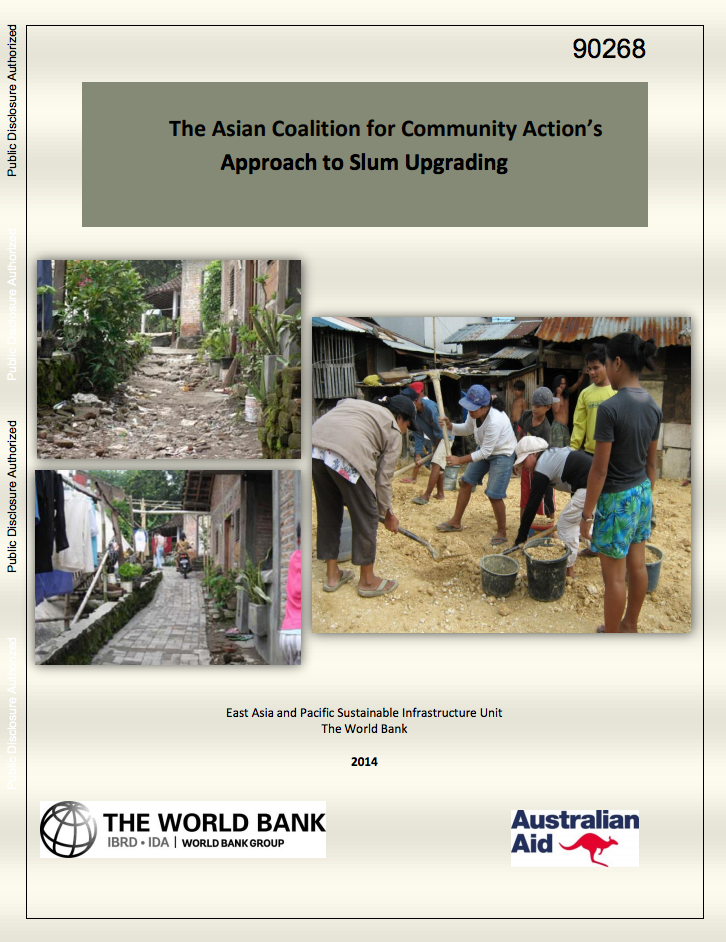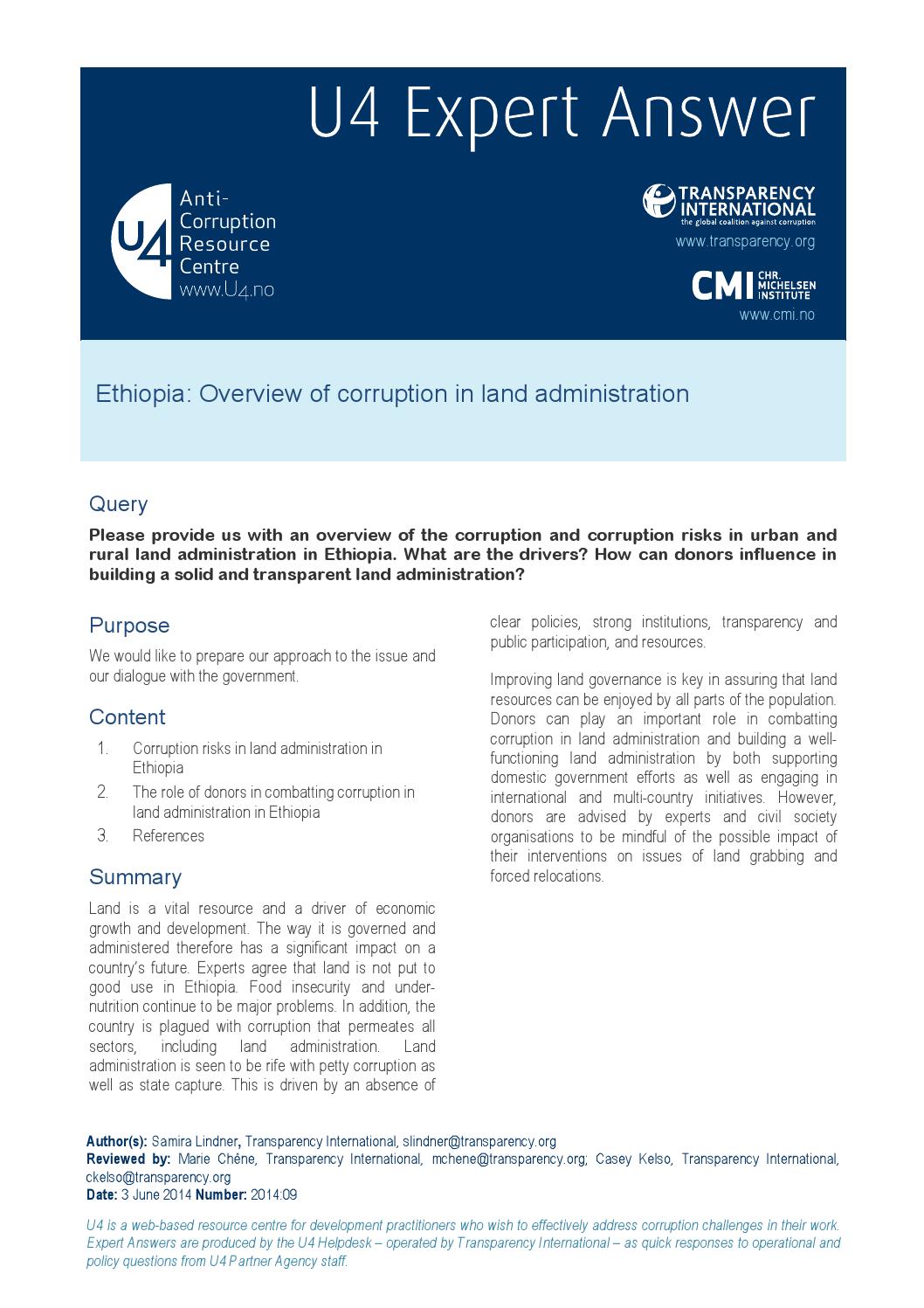Nicaragua : Evaluation of the Poverty Reduction Strategy Paper Process and Arrangements under the Poverty Reduction and Growth Facility
The International Monetary Fund (IMF)
and the World Bank introduced the Poverty Reduction Strategy
Paper (PRSP) process in 1999 to strengthen the poverty
alleviation focus of their assistance to low-income
countries. This report reviews Nicaragua s experience with



